Table of Contents
- Understanding the Need for Optimization
- Effective Study Methods
- Active Learning Techniques
- Time Management Strategies
- Study Environment
- Digital Tools for Optimization
- For Students
- For Tutors
- For Parents and Libraries
- For Instructional Designers and Educational Software Developers
- For School Administrators and NGOs
- Integrating Methods and Tools in Daily Routine
- Creating a Study Plan
- Balancing Life and Studies
- Monitoring and Adjusting
- Case Studies and Success Stories
- Conclusion
Faria Sana is a teenager who uses different highlighters to highlight important texts in her books. She takes notes by copying words from her textbook while studying. Eventually, she realizes that these strategies are not working because she forgets why she highlighted the text and copying words is just improving her handwriting. She declares “No one has ever taught me how to study.”
From high school to college, she never learned how to optimize study time to get the most out of it without cramming. When she becomes a psychologist at Athabasca University, she studies kids to know how to study better.
She finds that scientific strategies and tech tools have made it easy to study effectively in minimum time. What are these strategies and tools? Well, this article is going to discuss them in detail so that educational stakeholders can benefit from it.
Understanding the Need for Optimization
Optimizing study time means using different strategies to get the most out of the time you dedicate to studying. It doesn't mean that you need to add more hours to your studying. In fact, it means how to learn effectively in minimum time without cramming.
Different psychologists who had bad study habits in their school life declared that optimizing study time should have saved them a lot of effort and time. We have seen the Faria Sana example in the introduction.
Different research has shown that optimizing study time can help students retain information, score good marks, and get free time for family and friends.
Some strategies for optimizing study time can help kids with learning disabilities too. For example, Cynthia Nebel, a psychologist at Vanderbilt University believes that testing ourselves can help us score better in the exam. In August 2020, some researchers applied this theory to ADHD students. They found this technique helped them a lot.
Effective Study Methods
Science has contributed almost 100 years to finding effective study methods. We are going to discuss some effective study methods here.
Active Learning Techniques
Simply cramming books and notes or rereading is not a good approach to learning according to Make it Stick, the Science of Successful Learning book. So, you can use different techniques like Feynman, spaced repetition and active recalling for learning.
In the Feynman technique, you can understand the topic in chunks and explain it to yourself in simple words.
Active recall is the retrieval activity that we have already discussed in the ADHD study. Faria Sana suggests making flashcards for actively recalling. Nebel says that you should quiz yourself in the home as a teacher quizzes you in the classroom. It means grilling yourself with questions.
The spaced repetition technique involves giving time in between your revisions. A study told us that students who spaced out repetition in four days performed better than those who revised all the content in one day.
Time Management Strategies
There are various strategies you can use to manage your time effectively. The first technique is time blocking. In it, you can give a dedicated time block to a specific assignment or topic.
The second method is the Pomodoro technique which psychologist Sana also recommends. In it, you should set the timer for 25 minutes which you have to study without any distractions. When the timer goes off, you can take a 5-10 minute break. Focus Booster app can help you in implementing this strategy.
The third one is the Eisenhower Matrix. According to this technique, you should work on top-priority tasks first and then move to other less important tasks.
Study Environment
McDaniel and other psychologists study why students don't use good study skills. They found that there is a lack of study environment and a routine in the students. They know healthy study habits but due to lack of study environment, they are unable to apply the habits.
So, to have a study environment, you should have a routine and stick to it. Use different AI calendars and planners to organize your study plan. Have a dedicated corner in your house where there is no mobile or noise distraction. Psychologist Kornell says that this setting may feel odd in the beginning but you will get accustomed to it within two weeks.
Digital Tools for Optimization
For Students
There are different tools to help students take notes and mind mapping during the Feynman technique such as Evernote and CMAPS. For organizing a study plan, there are different task management tools such as Trello and Todoist. For active recalling, there are different study aids such as Quizlet and Anki. Moreover, there are different AI planners and digital journals for students.
For Tutors
Teachers can help students in implementing healthy study habits. For this, they can do online tutoring to assist them with complicated subjects. They can use Zoom and Microsoft Team for this.
Moreover, they can grade students' assignments swiftly to save both parties time. For this, they can use the Gradescope app. They can share feedback with students through feedback tools such as Formative and Socrative.
For Parents and Libraries
Parents should have a firm eye on their kids to know they are utilizing digital tools for productive purposes. For this, they can use Family Link to access and monitor their kid's devices. This ensures that kids don't get distracted.
Moreover, libraries can provide e-resources to students for learning. Different platforms like PDF Drive have an unlimited number of eBooks.
For Instructional Designers and Educational Software Developers
They can design software or add effective apps to the curricula so that kids can benefit from them. For example, the Notion app is designed as a workspace for kids to manage their time and build healthy study habits.
For School Administrators and NGOs
They should work together to fund resources for digital tools. Moreover, school administration should implement digital tools in the educational software to promote effective study habits. NGOs should help them with this.
Integrating Methods and Tools in Daily Routine
Creating a Study Plan
McDaniel says: “If you have a study plan, stick to it!” Kornell also says that you should have a set time and place to study. For this, you can use AI planners to plan your study time and how much time you should give to one task. Rawson says that she used to make paper calendars for creating study plans. Luckily, you now have AI calendars for this purpose.
Balancing Life and Studies
You can have a healthy balance in your life when you have time management skills. For this, you can use Todoist, Trello and Focus Booster apps to manage your to-do list and remain on track. When you remain focused, you can complete your projects on time.
Monitoring and Adjusting
Different tools such as Quizlet lets you take your test and monitor your knowledge. Moreover, you can ask your teachers to give your feedback through Socrative and Formative apps.
Case Studies and Success Stories
Katherine Rawson is a psychologist at Kent State University. She believes that in place of cramming, students should implement an active recalling method. In a 2013 study, researchers implemented this strategy by giving several practice tests to students over several weeks. In the final exam, they performed better than other students. This study confirmed the importance of the spaced repetition technique too.
Conclusion
In short, active learning, managing time and having a dedicated space could help optimize study time. Cramming, rereading and passive learning are bad study habits that can take a lot of your time. So, you should try these methods and digital tools to enhance your productivity and academic score. Digital tools are the future of education so you should implement them too for optimizing your study time.







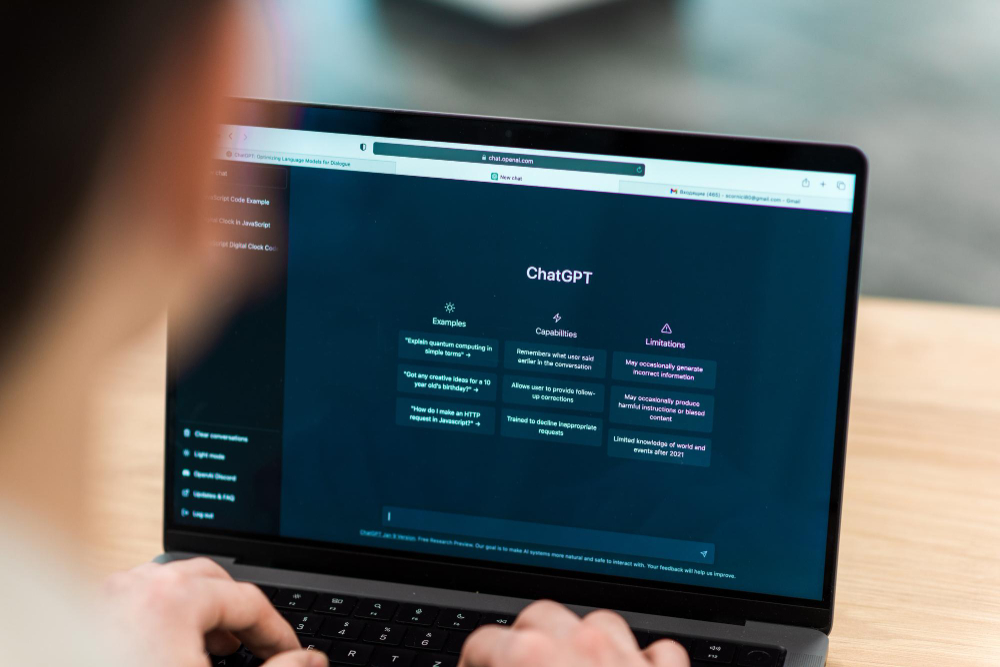















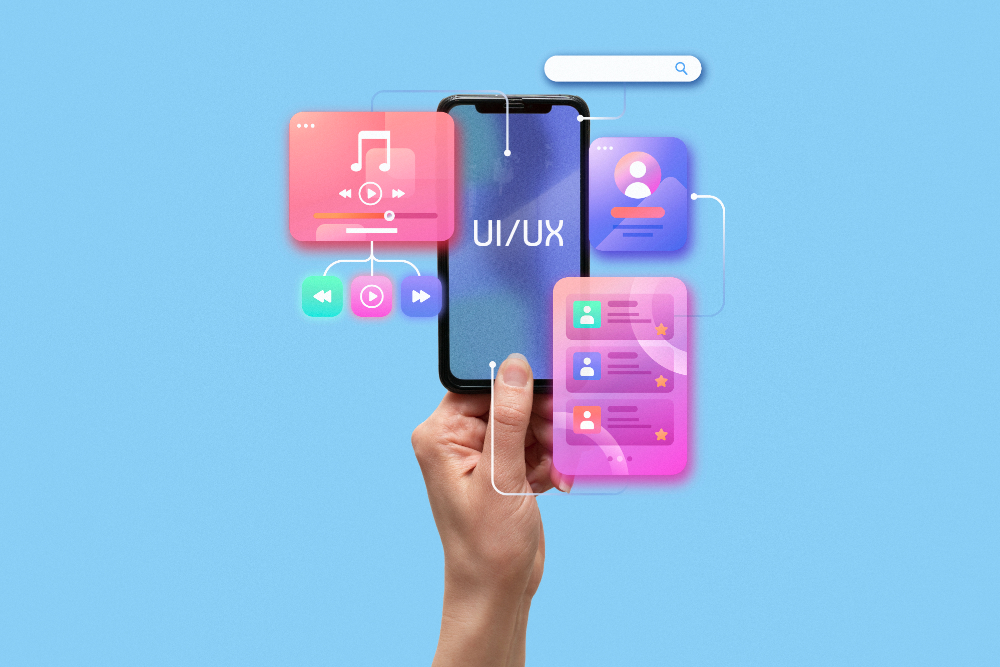

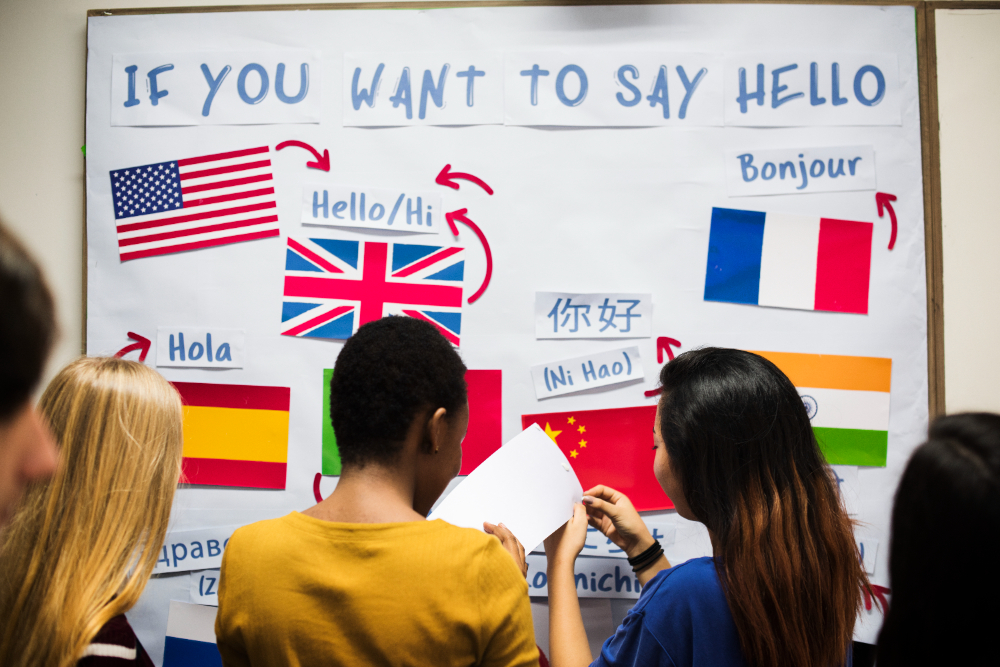

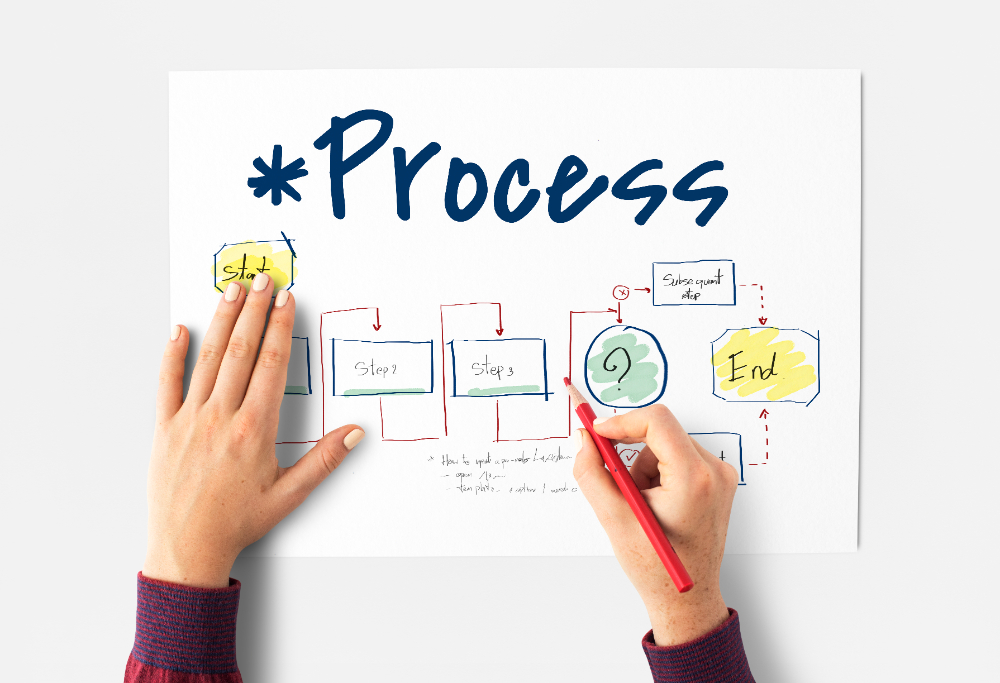


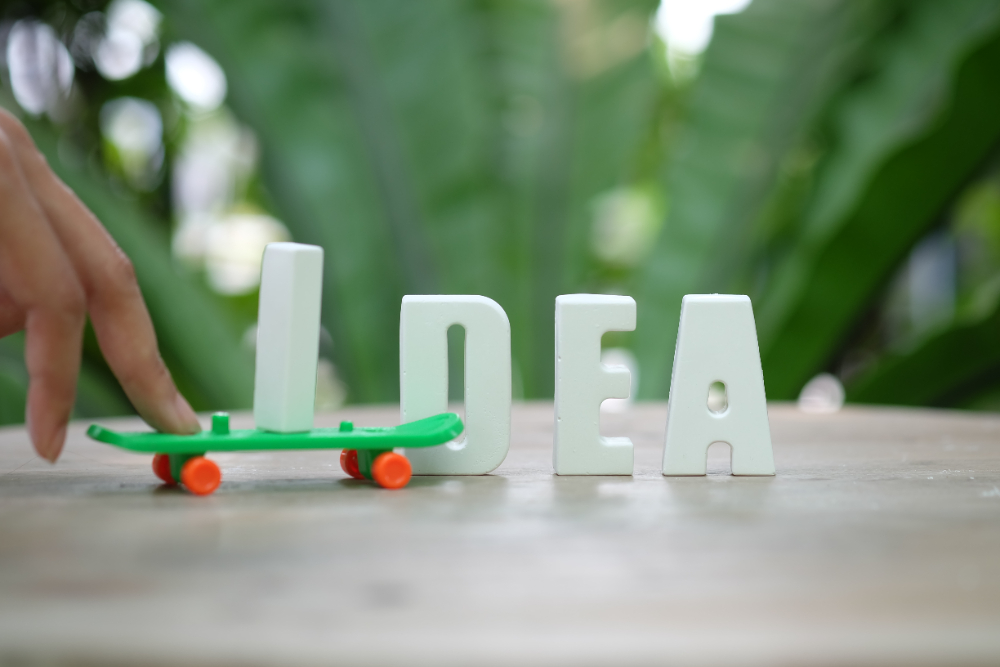
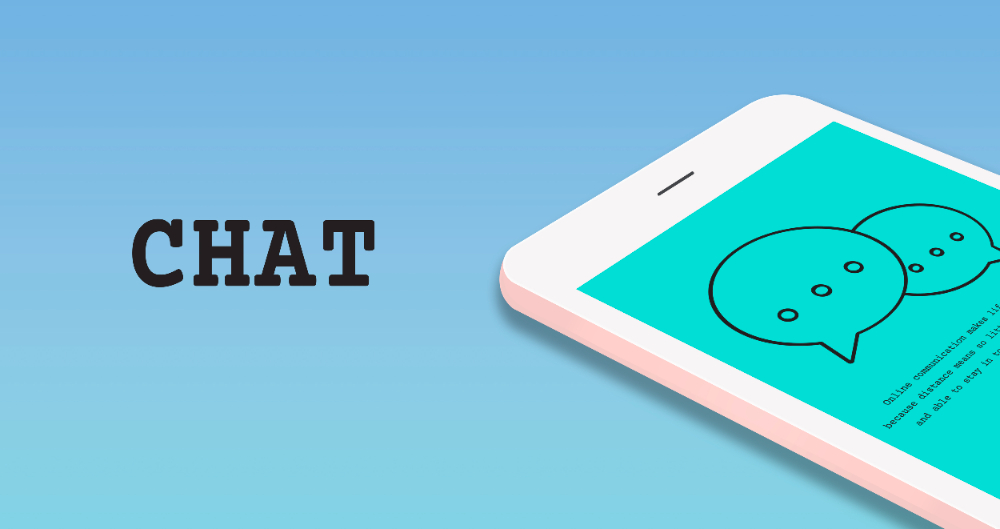

Comments are closed.